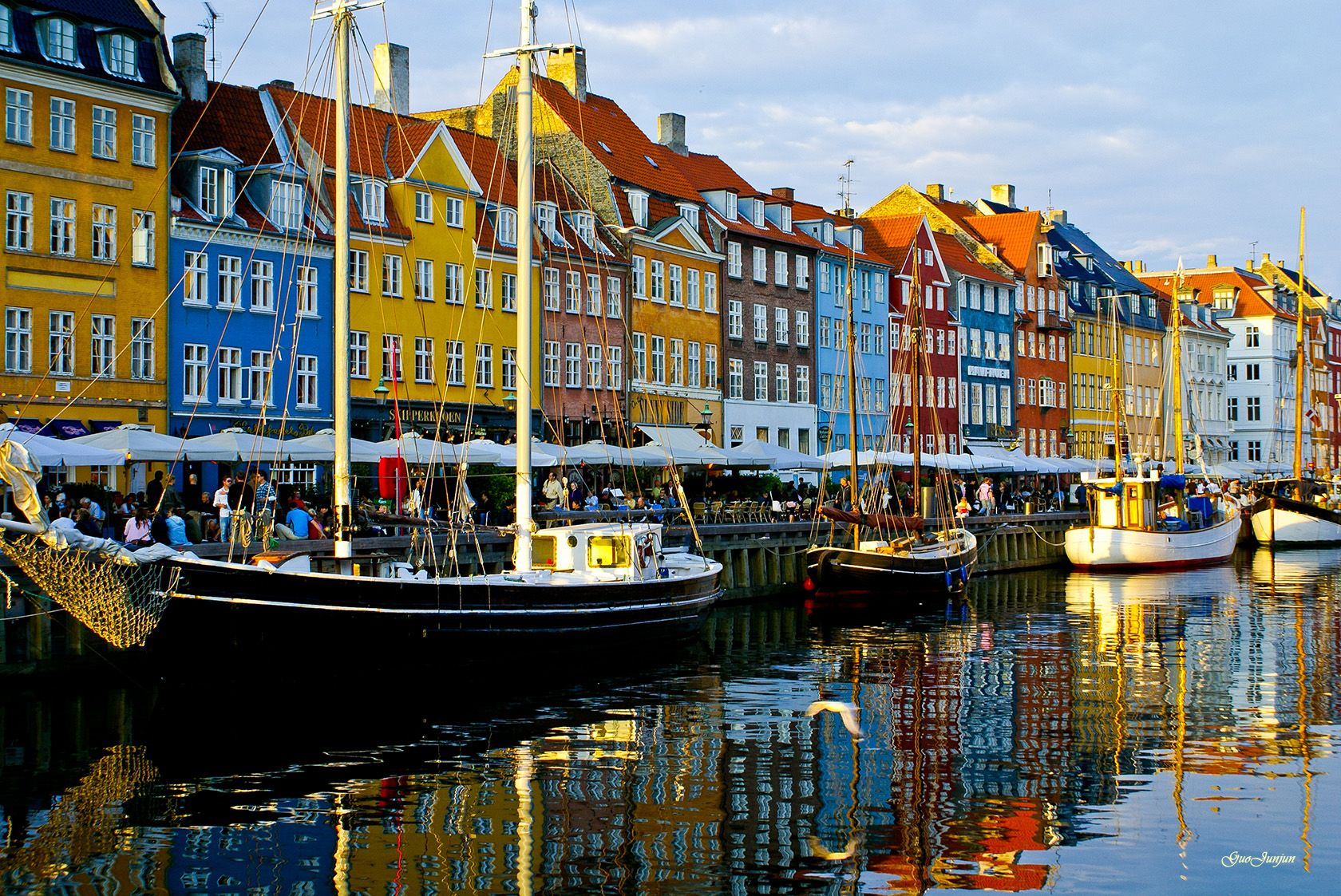Today nothing is rotten in the state of Denmark. And continuing on our voyage of hyperbole, Denmark has regained its title as ‘the happiest place on Earth’.
Clap along if you feel like happiness is the truth
But what makes Denmark so cheerful? The updated report (found here in English) uses indicators such as healthy life expectancy, wealth and a perceived lack of corruption. This has led to smiles from Esbjerg to Copenhagen.
One group who are particularly happy compared to the rest of the world are the over-50s. They tend to be more engaged, have good health and are less afraid of death.
The country has consistently been one of the top performers in the United Nations World Happiness Report since its inception. It has never been lower than third and was the inaugural happiest nation in 2012.
On the whole, Nordic countries rank very well this year. In fact, 50 percent of the top ten nations are from the region. Iceland, Norway and Finland are third to fifth respectively, while Sweden lies in tenth position.
At the other end of the table, Burundi holds the unfortunate title of least happy nation, surprisingly finishing below even Syria, which finished just above the African nation.
Good times, bad times
However, as with previous years, the Danes are not as happy as they were before the global financial crisis.
In a comparative ranking, they finished 106th, marginally ahead of tsunami-struck Japan, financial disaster-zone Greece and that shining example of stability, Egypt.
The report also examines the link between having children and life satisfaction. Interestingly, the findings show that people without children are happier than those raising a family. And women in particular are less happy once they have children. The only exceptions to the rule are widowers and older people.
So what lifestyle maximises your chance at happiness? The report concludes that the happiest people on earth are “married individuals who maintain a healthy lifestyle; are well educated and wealthy; and reside in Denmark”.














